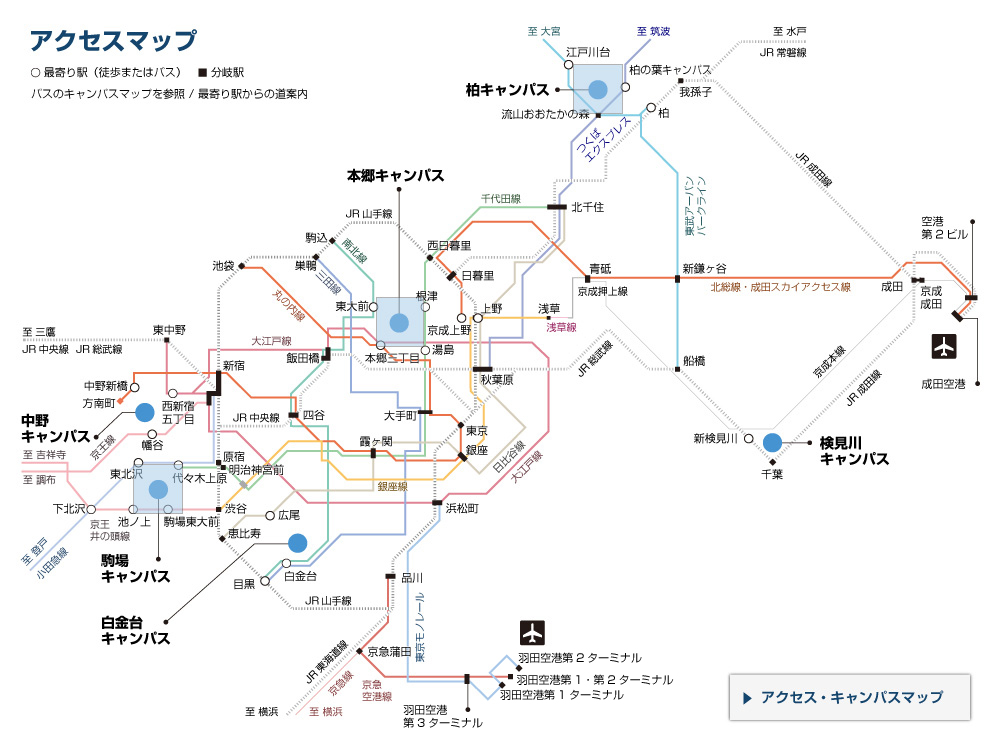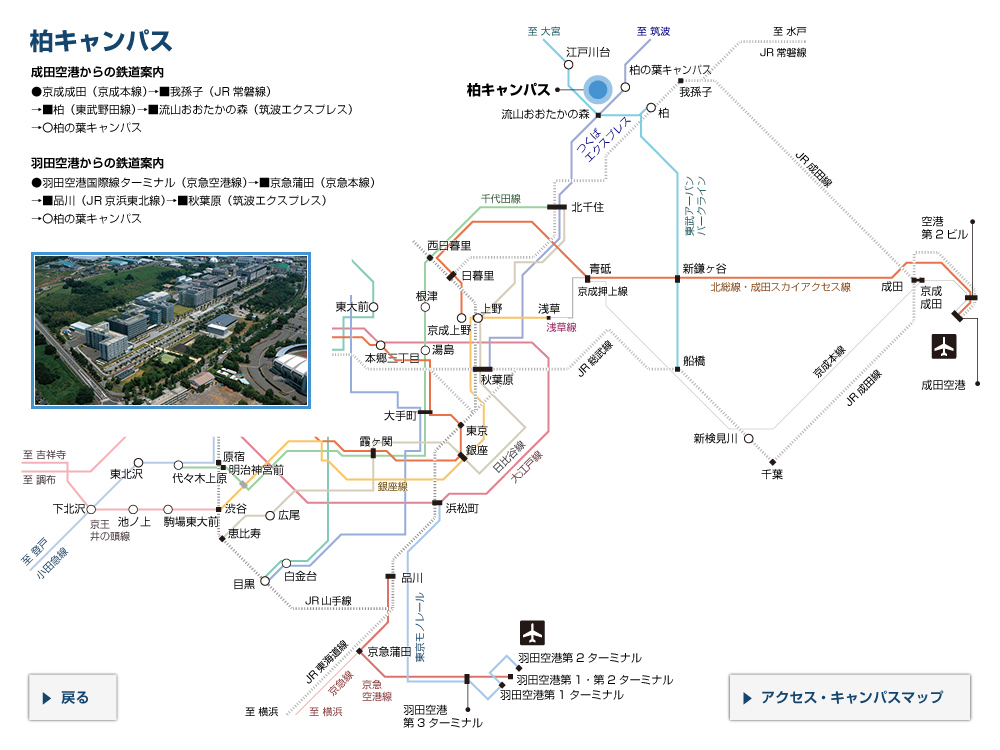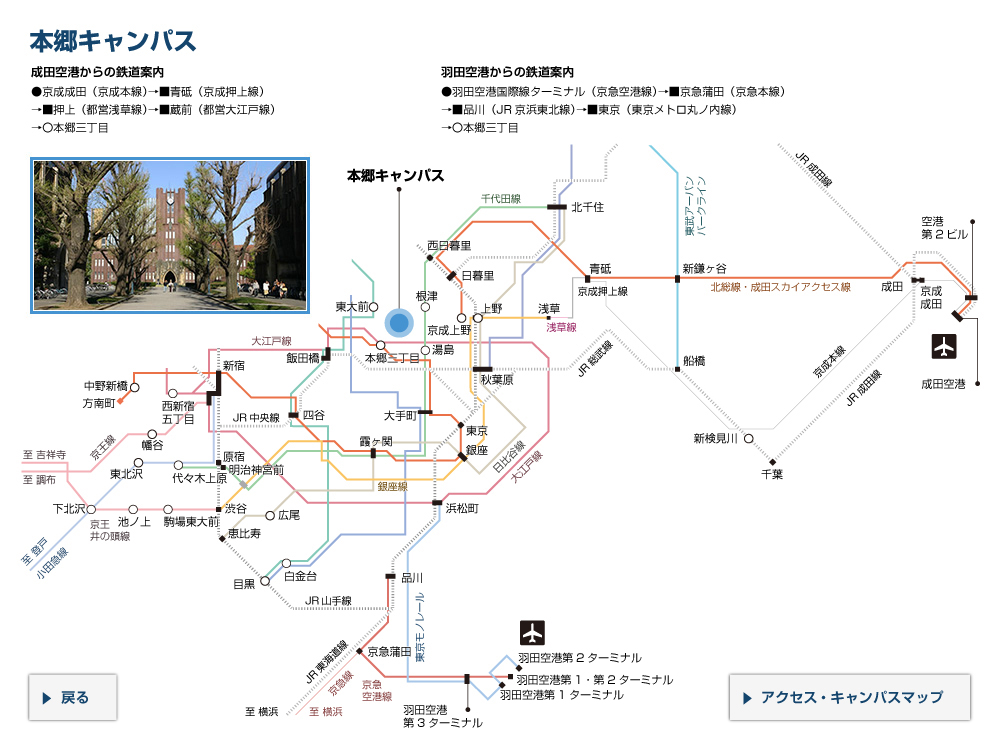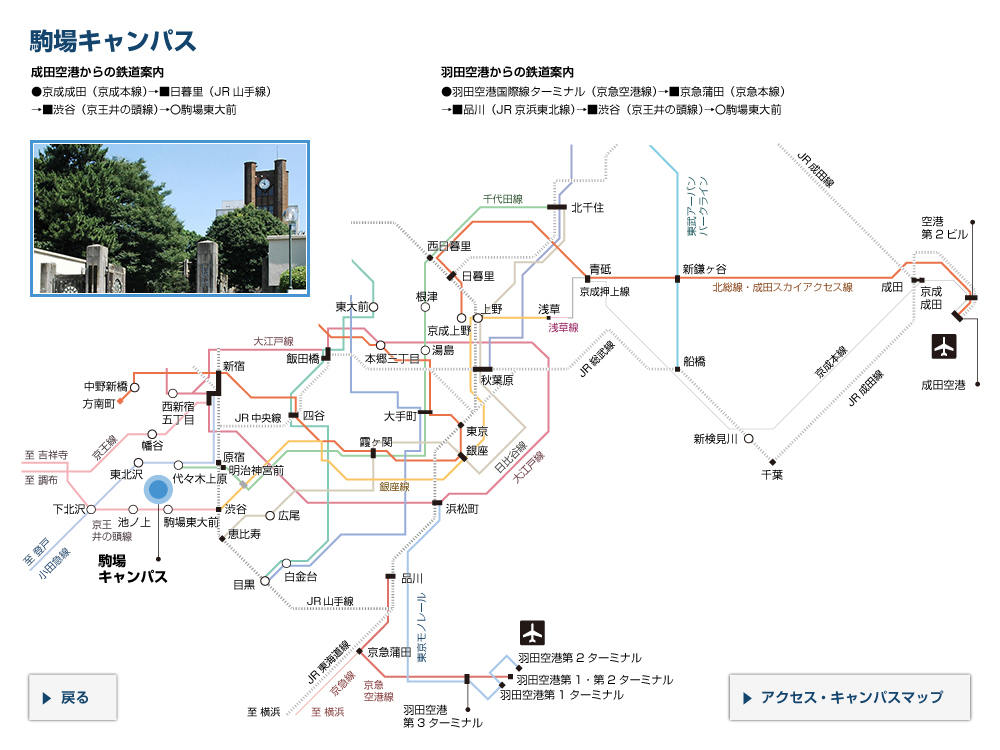平成28年度秋季入学式総長式辞
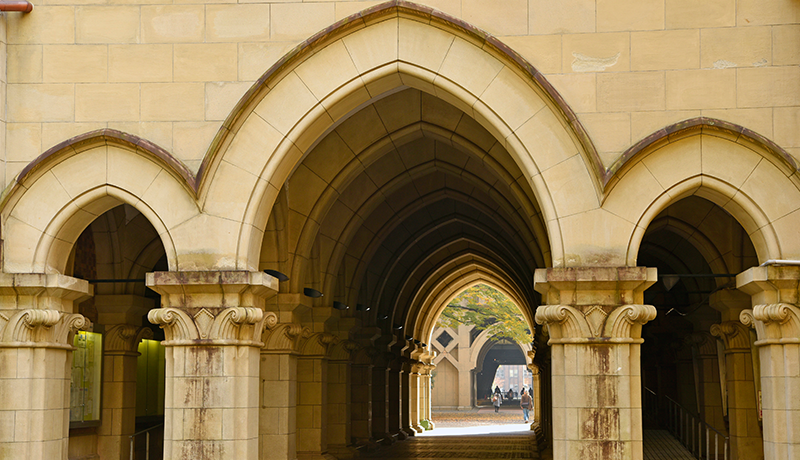

式辞・告辞集 平成28年度秋季入学式 総長式辞
Address of the President of the University of Tokyo
at the 2016 Autumn Matriculation Ceremony
The total number of students entering our Graduate Schools this autumn is 663. Of these, there are 367 in master's courses, 252 in doctor's courses, and 44 in professional degree courses. At our Undergraduate Faculties, 31 students are enrolling in Programs in English at Komaba, or PEAK, an English-language degree program. Also, 5 students are entering the Global Science Course of the Faculty of Science, an English-language transfer program for those who started their study at foreign universities. All of you must be eager to take on new challenges in research and study at the University of Tokyo. In terms of its size, the range of its academic disciplines, and the level of its research activity, the University of Tokyo is one of the world's leading universities. I would like you to make the best use of our outstanding academic environment to expand and realize your dreams. You will have full support from all our staff at the University.
* * *
This year, five years after the Great East Japan Earthquake and Tsunami disaster, tragedy struck once again. A series of large earthquakes hit the prefectures of Kumamoto and Oita. Many precious lives were lost, including some of your age. I extend my sincere condolences to the victims. In addition, many residents are still living in shelters. Students and staff of the University of Tokyo have participated in a variety of recovery efforts following these natural disasters. I ask that you too take part in recovery efforts while engaging in your studies at the University. Also, the University's support does not stop at direct involvement in recovery efforts. A great amount of research at the University has the potential to contribute to this area, such as research on earthquakes, disaster mitigation and recovery methods. I encourage you to participate in this kind of research.
* * *
Since its founding 139 years ago, the University of Tokyo, as an Asian university, has cultivated an environment for scholarship rooted in both Eastern and Western learning, and contributed to the diversity of the world's knowledge. While learning from Western science and philosophy, the University has strived to honor and uphold the scholarly traditions of the East.
Today, dramatic developments in science and technology, such as high speed communications and transport, are rapidly unifying the physical world. At the same time, humanity faces many shared challenges: depletion of resources, environmental degradation, worldwide financial uncertainty, increased regional disparity, and religious conflict. The year of 2016 began with global financial insecurity, and several large-scale terror attacks have occurred this year. In June, citizens of the United Kingdom voted to leave the European Union.
Such issues impact the entire world and are becoming more and more complicated. Isolated expertise in one field alone, no matter how outstanding, cannot address these issues. All individuals have unique knowledge that they have cultivated within their various regions and cultures. Linking these diverse types of knowledge and combining their strengths will empower us to find solutions to today’s challenges. As an Asian country with a unique tradition of knowledge creation, Japan bears a responsibility to actively contribute to this kind of collaboration based on diversity of knowledge. As a university with a tradition of combining Eastern and Western cultures, the University of Tokyo must take a central role in this collaboration.
All of you entering the University of Tokyo now have the chance to contribute to humanity through this form of knowledge collaboration. While you are here, I ask that you cultivate the courage, passion and confidence to take on this challenge. Then, I hope you will make it your goal to become “knowledge professionals” who will lead global collaborations to solve today’s difficult issues. You may be wondering what you should do at the University of Tokyo to become knowledge professionals. I would like to stress two important qualities that I believe are essential to your journey.
The first is to develop a logical way of thinking. We live in a world surrounded by many kinds of phenomena. The purpose of research is to analyze these phenomena through investigation and experiment and to discover the novel principles behind them. This requires an analytical way of thinking based in logic. An individual discovery can be shared with others only if it is firmly supported by logic. To develop logical thinking, I encourage all of you to take every opportunity to discuss and share your thoughts with friends and colleagues. I have been doing research in experimental physics, particularly in optical physics, since I was a student. In my 36 years as a researcher, I have many times realized the importance of engaging in deep discussions with my colleagues. Such discussions have helped me to better understand difficult research papers and have also guided me towards the universal knowledge hidden within experimental data. These experiences are an invaluable asset and were my first step towards becoming a knowledge professional.
The second is to have the pioneering spirit to explore the unexplored with ambition and vision. Throughout the history of scholarship, new vistas have suddenly opened up against a familiar academic landscape. These occasions have helped us to correct contradictions and flaws in accepted scholarly understanding. At times, they have also dramatically affected how we see the world. Heliocentrism and the theory of evolution are just two examples of ideas that caused such paradigm shifts. The excitement generated by these occasions is the driving force that attracts people to scholarship. By coming to the University of Tokyo, you have a very precious chance to be part of the scene of innovation. I encourage you to work hard and challenge accepted models so that you too can bring about such paradigm shifts.
* * *
I would now like to say a few words about what is asked of us as scholars today. The 20th century is often called the "century of science." Tremendous strides have been made in the natural sciences, bringing us many innovative technologies and vastly expanding the scope of humanity's activities. Our activities now transcend national borders. We can instantly learn of events happening all over the world. However, humanity's actions have had dire consequences. They have brought about changes to the Earth itself from which recovery is difficult. These changes now threaten our very existence. Although we have made numerous technological advances, religious conflicts and international disputes are ever more complicated. The fundamental systems by which society operates today, are the product of centuries of humanity’s combined wisdom. However, even these systems have not provided solutions to today’s difficult problems. Instead, it seems that inequality and other sources of social instability are increasing.
Clear trends have emerged around the world in response to this increasing instability. Some are losing hope in the power of knowledge. Others are even denying the value of knowledge altogether. However, to construct a peaceful and stable world, one thing must be made clear: we cannot abandon knowledge. It is absolutely essential that we think of new societal and economic systems driven by human knowledge and wisdom. The University of Tokyo states in its Charter that it will serve the global public. We must propose new systems, take the lead in their implementation, and provide the driving force that changes society. This, I believe, is the most important duty of the University of Tokyo.
To uphold that duty, it goes without saying that the members of the UTokyo community must respect the rights of all people both within and outside the University. We need a spirit of tolerance to acknowledge and accept those who are different from ourselves. Never forget that protecting the rights and dignity of all individuals is the fundamental principle behind not only every aspect of research activity but also of all activities in daily life.
The University of Tokyo offers many programs to support you on your journey towards becoming knowledge professionals. Please make full use of them to deepen your understanding in your chosen areas of study. In order to change society, a diverse group of individuals, including academic staff, students and others, must first share a grand vision. They must then transcend generational and organizational boundaries to build deeper ties with each other. Only then can they work together to realize that vision. To make this possible, we are creating a global base for knowledge collaboration at the University of Tokyo, where individuals from different backgrounds and disciplines can work together to create new value. We are also making efforts to improve the working environment for researchers, so that all of you can experience the appeal of a life dedicated to research.
Studying and researching at university, it is our duty to honor the hard-earned achievements of those who came before us. At the same time, we must deepen our own scholarly understanding to create new value and produce wisdom that will drive our ever-changing society forward. I feel very fortunate to stand here with all of you, the future leaders of the 21st century. Let us work together to find answers to the world's problems and create new traditions for the generations to come. I hope that you will make the most of your academic journey at the University of Tokyo.
Congratulations!
Makoto Gonokami
President
The University of Tokyo
September 23, 2016
(和文)平成28年度秋季入学式 総長式辞
本日ここに東京大学に入学された皆さんに、東京大学の教職員を代表して、心よりお祝いを申し上げます。また、これまで皆さんを物心ともに支え、この晴れの日をともにお迎えになったご家族の皆様にも、お祝いと感謝の気持ちをお伝えしたいと思います。
この秋、大学院へ入学したのは、修士課程が367名、博士課程が252名、専門職学位課程が44名、合計663名です。学部へは、初等・中等教育を日本語以外で履修した学生を対象としたPEAK(Programs in English at Komaba)に、31名が入学しました。また、グローバルサイエンスコース―GSC、海外大学の学部課程を2年以上修めた留学生を編入させ、講義を全て英語で行うプログラム―に、5名が入学しました。皆さんは、これから始まる、研究と学びへの期待に胸を膨らませていることと思います。東京大学は、規模、学問分野の幅、研究水準の三点において、世界有数の大学です。この恵まれた環境を存分に活用して、学問に懸ける夢を育み、それを叶えて下さい。私たち教職員は、皆さんの夢の実現を全力でサポートしたいと思っています。
* * *
さて、東日本大震災から丸5年が経った今年、再び、熊本県と大分県で大きな地震が発生しました。皆さんと同世代の人々を含め、多くの尊い命が犠牲になり、いまなお避難生活を送られている方も少なくありません。ここで改めて犠牲となった方々に哀悼の意を捧げます。これまで東京大学の多くの教職員や学生諸君は、さまざまな復興支援の活動に参加してまいりました。東京大学は幅広い復興支援の活動をこれからも続けていきます。皆さんも学業の傍ら、この復興支援の輪にぜひ加わって下さい。また、東京大学では、直接的な復興支援に加え、地震研究をはじめ、災害対策や復興に貢献しうる学術研究も多く進められています。ぜひ、こうした研究にも触れていただきたいと思います。
東京大学は、今年創立139周年を迎えました。創立以来、アジアの地にあって、東西両洋の学術を基礎としながら、独自の学問を開拓し、世界の知の多様性に貢献してきました。西洋の思想や科学から学び、その発展の一端を担うと同時に、東洋の知の伝統を継承してきました。
今日、情報通信技術や高速輸送技術など科学技術の革新により、物理的には世界の一体化が一気に進みました。しかしそれは同時に資源の枯渇、地球環境破壊、世界金融不安、地域間格差の拡大、宗教対立等を人類共通の難題として際だたせることになりました。今年、2016年は世界的な金融不安からはじまり、大規模テロが次々に起きています。6月には、イギリスの国民投票がEU離脱という判断を示しました。課題は世界全体を巻き込んで、ますます複雑化しているのです。このような課題は、一つの突出した知が如何に卓越していたとしても、それだけでは解決することはできません。人々はそれぞれの地域や文化の中で、培ってきた独自の知を持っています。この多様な知を組み合わせ、それぞれの強みを連携させる中で、解決の道筋を見つけて行くこと、それが今強く求められているのです。アジアにおいて独自の知を築いて来た日本には、このような知の多様性に基づく協働に積極的に貢献する責務があるのです。東西文化融合の伝統を持つ東京大学はその中心的役割を担うべきです。
* * *
東京大学に入学された皆さんは、この協働の中で人類社会に貢献する人物となるチャンスを得たのです。挑戦する勇気、情熱、そして自負を持って力を鍛えて下さい。そして、こうした諸課題の解決のための世界的な協働を主導する「知のプロフェッショナル」を目指してください。この「知のプロフェッショナル」になるために、東京大学での学びの中で何を身につけるべきか。ここでは2つのことを強調しておきたいと思います。
第一は、「論理的思考」です。私たちの目に映る現象は多様です。それを調査や実験によって分析するとともに、背景にあるこれまで誰も知らなかった原理を発見することが研究の目的です。そのためには徹底的に現象を分析する、論理にもとづく思考が欠かせません。論理の裏付けがあるからこそ、発見が多くの人に共有されるのです。論理的思考を鍛えるために、皆さんはぜひ、先輩や後輩を含む多くの仲間たちと、徹底的に議論することを勧めます。私は、学生時代から実験物理学の分野で、特に光科学の研究を続けて来ました。これまでの36年の研究生活の中で、多くの仲間と徹底的に議論することが如何に重要であるかをつねづね実感してきました。議論することをつうじて難解な文献を読破し、実験データからはその背後にひそむ普遍的な知見を導き出してきました。こうした経験が私にとってのかけがえのない財産となり、「知のプロフェッショナル」への第一歩となりました。
第二は、大きな野心と夢をもって未踏の領域に進む、「挑戦の精神」です。学問の歴史には、見慣れた学問のいつもの風景から突然新たな視野が開ける瞬間があります。そうした転換は、それまで通用していた学問的常識の矛盾に気づき欠陥を改めることになるばかりか、地動説や進化論のように、社会全体の認識のあり方に影響を及ぼすことさえあります。この瞬間の興奮と感動こそ、人々を学問に向かわせる原動力でしょう。そうした得がたい革新の現場に出会うチャンスを皆さんは手にしたのです。是非、努力の積み重ねの上に、こうしたパラダイムシフトをみずから引き寄せるよう果敢に挑戦してください。
* * *
さて、ここで学問の先に求められている課題についても少し触れておきたいと思います。20世紀は科学の世紀と呼ばれ、自然科学はめざましく進歩し、革新的な技術が次々に生まれました。その結果、人類の活動規模は飛躍的に拡大しました。人々は国境を越えて活動し、世界中の出来事を瞬時に知ることもできるようになりました。しかしこの人間の行為自体が、地球そのものに回復困難な影響をもたらし、人類の存続をも脅かしているのです。数々の革新技術を手にしていながら、宗教的な対立や国際紛争の複雑化は加速するばかりです。人類が英知を絞り、長い年月をかけて生み出した、社会や経済を支える基本的な仕組みによっても、困難の解決には至らず、格差の拡大など不安定性はむしろ拡大していると感じます。
そのために世界ではいま、人間の知性に絶望したり、あえて知性を否定したりする動きも目立つようになりました。それでも安定した平和な世界を構築するためには、知性を放棄するわけにはいきません。人類の英知が駆動する新たな社会や経済の仕組みを考え出すことがどうしても必要です。東京大学は東京大学憲章にあるように世界の公共性への奉仕を誓っています。この新しい仕組みを提案し、率先して行動し、社会を変革する駆動力を生み出すことこそが、東京大学の最重要な責務であると、私は考えています。
そしてその責務をになうにあたっては、言うまでもなく、東京大学というコミュニティに属するすべての構成員が、学内外を問わず、あらゆる他者の権利を尊重することが不可欠の条件です。その基礎は自分と異なる個性を持った他者の存在を認め、ともに生きることを受け入れる寛容の精神にあります。研究においてのみならず、日常生活においても、すべての個人の権利と尊厳が徹底して守られることが、あらゆる活動の大前提であることを忘れないでいただきたいと思います。
「知のプロフェッショナル」を目指す皆さんに対し、東京大学では、みなさんが主体的に選択をした学びを支援する様々なプログラムを用意しています。ぜひ積極的に活用して下さい。また、社会を大きく変えていくためには、教員、学生、社会人の多様な人々が、大きなビジョンを共有し、世代や組織を超えて深く交わりながら協力して働くことが必要です。そのために「知の協創の世界拠点」を創っていきます。さらに、皆さんが「研究する人生」に魅力を感じることができるように、研究者の雇用環境の改善にも努めていきます。
大学で学び、研究する私たちが果たすべき役割は、先人たちのたゆまぬ努力の中で蓄積されてきた成果を継承しつつ、さらに学問を深めて新たな価値を創造し、変革し続ける社会をうまく駆動させる知恵を生み出すことにあります。私は21世紀を担う皆さんと共にその現場に立てることを、幸運だと思っています。共に夢を抱きながら課題の解決に挑戦し続け、新たな価値や伝統を一緒に創り出していきましょう。皆さんが東京大学で、元気に活躍されることを期待しています。
平成28年9月23日
東京大学総長 五神 真
- カテゴリナビ



